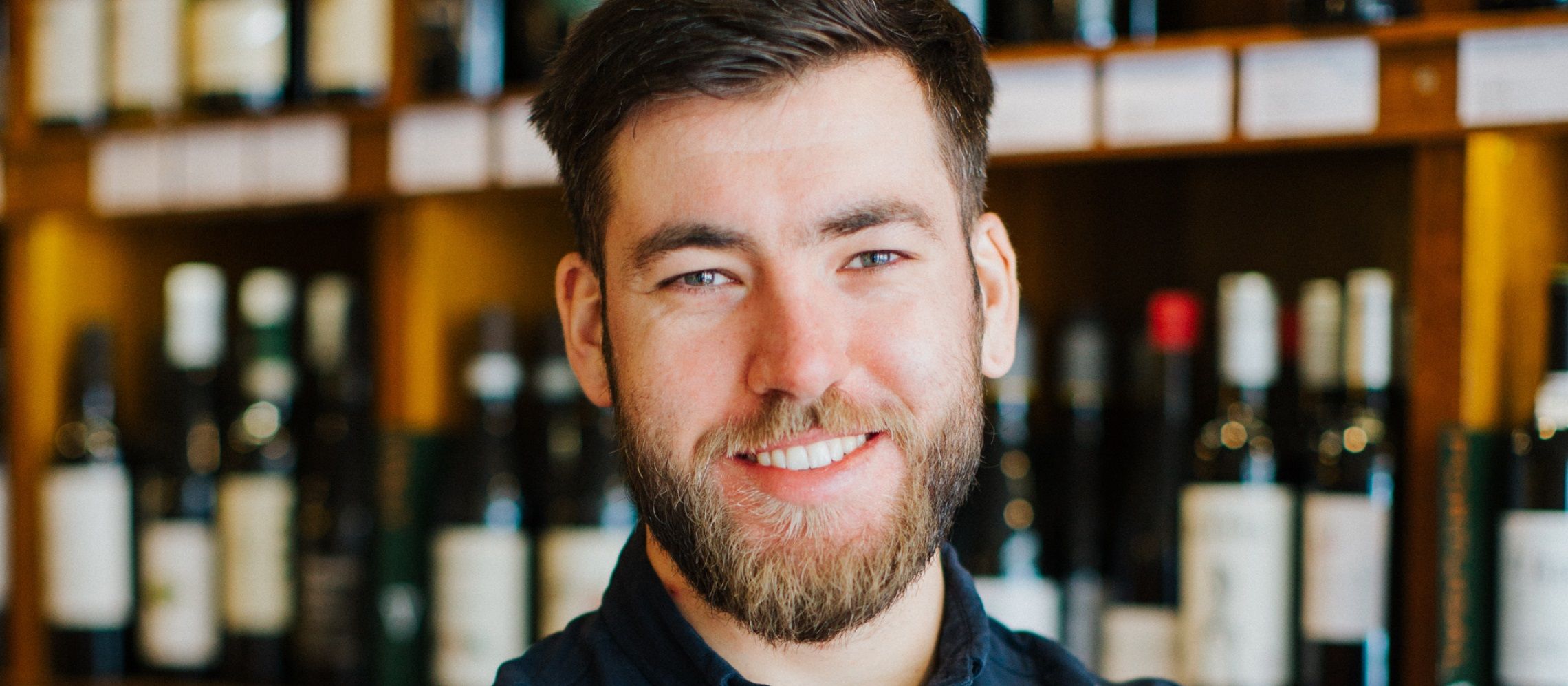Super Early Deadline
31 August 2025
Judging
Date
23 & 24 March 2026
Winners Announcement
22 April 2026
31 August 2025
23 & 24 March 2026
22 April 2026

Quality and value are the main pillars of our buying strategy, but we also want wines that are special and that you can’t get elsewhere.
The Wine Society did very well in 2020. With many Britons stuck at home, it enjoyed a very profitable year, processing 951,000 orders - 40 per cent more than 2019 - and increasing its active membership from 146,000 to 171,000. Sales rose by 28 per cent. “While the Covid-19 crisis has been catastrophic for many, for us it has provided the catalyst to strengthen in ways that we couldn’t have imagined at the start of 2020 ... from which we can build for generations to come,” as chairman Sarah Evans put it in the annual review.
It’s an exciting time to work as a Wine Society buyer, even if it has been hard to get out and visit vineyards in the past 12 months or so. Freddy Bulmer looks after Austria, Australia, New Zealand, Eastern Europe and beer, having worked his way up from a short-term role with The Society’s member services department in 2013. We caught up with him over the phone to find out how he goes about tackling such a diverse and exciting portfolio.

“We’re lucky, really, because we’re given a lot of freedom to tackle things in a way we think is fitting for the regions we’re covering. We all feel that we get better results that way. We’re allowed to make up our own minds about what’s hot and what’s not, as opposed to being given a shopping list and told to go out and find things. It’s a nice way to do it.”
“Quality and value are the main pillars of our buying strategy, but we also want wines that are special and that you can’t find elsewhere. There’s so much good wine out there - there’s so much to choose from. We want authenticity, too: we want proper, well-made wine, we’re not interested in stuff that is inauthentic. And, as much as possible, I’m trying to work with small producers, where there are real people behind the bottles. There’s never been more good wine available as there is now, so I’m a big believer in working with good people.”
“It is similar, in that it’s very focused on quality. I concentrate on UK breweries, because we have so many good breweries here, and because a lot of beer is best drunk nice and fresh. Beer is a fairly small percentage of our offering at The Wine Society but we like to provide a really good range. We like to work with smaller breweries where it’s not just a commodity, it’s a passion.”
“France is far and away from our biggest country in terms of sales, but we still have a pretty chunky offering from elsewhere. As a business, we’re really keen to shed light on lesser-known regions. We don’t sell as much wine from those places as France, of course, because that’s commercially very difficult, but we do back those regions, and probably more so than other companies. In terms of Eastern Europe and Austria too, there’s nowhere else I’d have the same freedom to list so many wines.
“We normally do quite a lot of travelling. I try to get out to Austria at least once a year, in January, when it’s very cold but it’s a great time for tasting from the tank and making buying decisions. I took over the Australia portfolio in 2019, so I’ve only been once, but I’d normally be aiming to spend two or three weeks in Australia and New Zealand.
“I’ve had some fantastic trips to Eastern Europe over the years - normally I’d aim to visit somewhere different each year, and I’m looking forward to getting back to that. It’s a fantastic part of the job.”
“I’m really, really excited about Austria - we’ve just won the IWC Austria specialist award. It’s bursting with great stories and great wines and a really rich heritage that we’re oblivious to in the UK. I also find Bulgaria really exciting at the moment - the wines seem to get better and better each year. They’ve got some amazing indigenous grapes varieties, which have the potential to make really interesting wines.
“We don’t see the full extent of how exciting Australian wines are in the UK. I’ve just started working with a winery called Whistler, based in the Barossa Valley - they make a really delicious crunchy vibrant Grenache, it’s so balanced and lovely. New Zealand has so much to get excited about - I think Marlborough Pinot is really coming up trumps.”
“I think a bit of it is luck, in all honesty - you have to catch us at the right time when we’re looking for something and you’ve got what we need. The one thing producers can do is make bloody good wine and shout about them - we live in a world where those who shout loudest get heard. One of the worst things to do is just fire off samples. I have so many samples that I’ve requested, so the ones I haven’t asked for inevitably go to the back of the queue.”
Make your wines stand out on the world stage. Enter the London Wine Competition by August 31 to secure Super Early Bird savings.